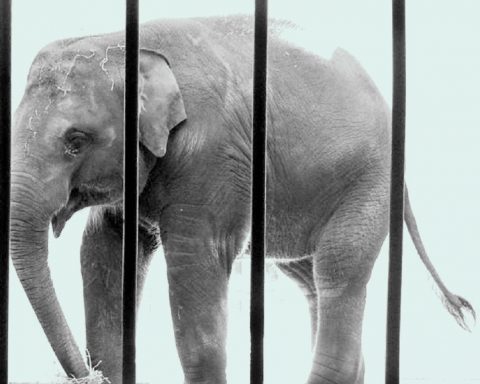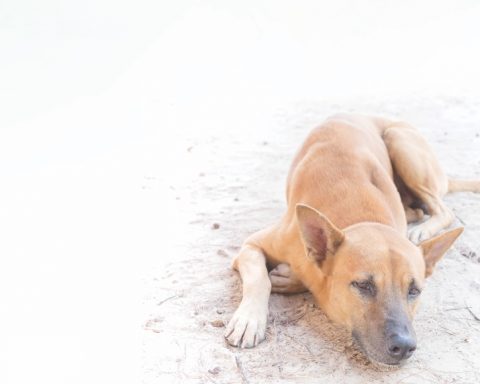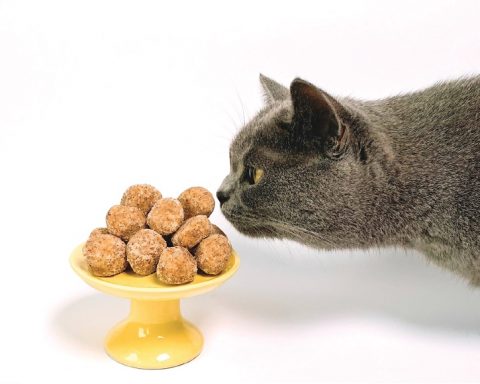High blood pressure/ hypertension is a condition that is often undiagnosed in cats, unfortunately, if not diagnosed early it can have devastating effects on the afflicted feline.
Hypertension in cats can be primary hypertension, where the cause is not known or secondary hypertension; in cats the most common ailments implicated in secondary hypertension are renal failure and hyperthyroidism. However this might be an oversimplication as hypertension can result in renal damage, often when the cat is presented for examination the cat has renal insufficiency and hypertension, so what came first, the chicken or the egg?
In my experience the most common presenting sign is sudden onset blindness or reduced vision. So generally a client will bring in a geriatric cat that has gone blind over a short period of time. On examination these cats will have acute ocular changes, generally retinal haemorrhages and/or retinal detachment. These patients respond well to treatment, so if you have an old cat that has gone blind, don’t attribute it to old age, get it to your veterinary surgeon fast( make sure they have the equipment to measure blood pressure). The sooner your pet is treated the better the prognosis and the greater the chance of it recovering its vision.
However these are not the only presenting signs, in summary if your cat presents with any of the following symptoms make sure you get its blood pressure checked:
One of the most common ailments of the geriatric feline is renal disease, if your cat is suffering from this or is diagnosed with this then it is important that its blood pressure is measured too to make sure that this is not a complicating factor.
Measuring your cat’s blood pressure is a non-invasive procedure normally done during a standard consultation. However if your cat is very agitated or nervous you must take this into account when taking a reading and take this into consideration.
- 150/95 – at this reading or below, there is minimal risk and treatment is not recommended
- 150/99 to 159/95 — intervention is routinely not recommended at these readings
- 160/119 to 179/100 — treatment should be sought to limit the risk of organ damage
- 180/120 — immediate treatment should be sought to limit the degree of other more severe complications
Another very useful tool frequently used is the measuring of urine protein, when blood pressure is high proteins are ‘pushed through’ the kidney filter system , so high protein in the urine can be a great aid in the diagnosis of hypertension and also useful as a prognostic indicator.
Early diagnosis is ideal, if caught early before any further organ damage then simply dosing your cat once a day with medication can be enough to prevent any further deterioration and will extend your cat’s life substantially.
High blood pressure is not a condition to be ignored, if you have an aging cat, from the age of 10 + then ask your vet to take its blood pressure and ideally provide the vet with a urine sample. Managed well hypertension is easily controlled and your cat will lead a normal life, left untreated and it will eventually cause irreversible organ damage and will shorten your pet’s life.
For more information please phone Gibraltar Vetinary Clinic on 200 77334






